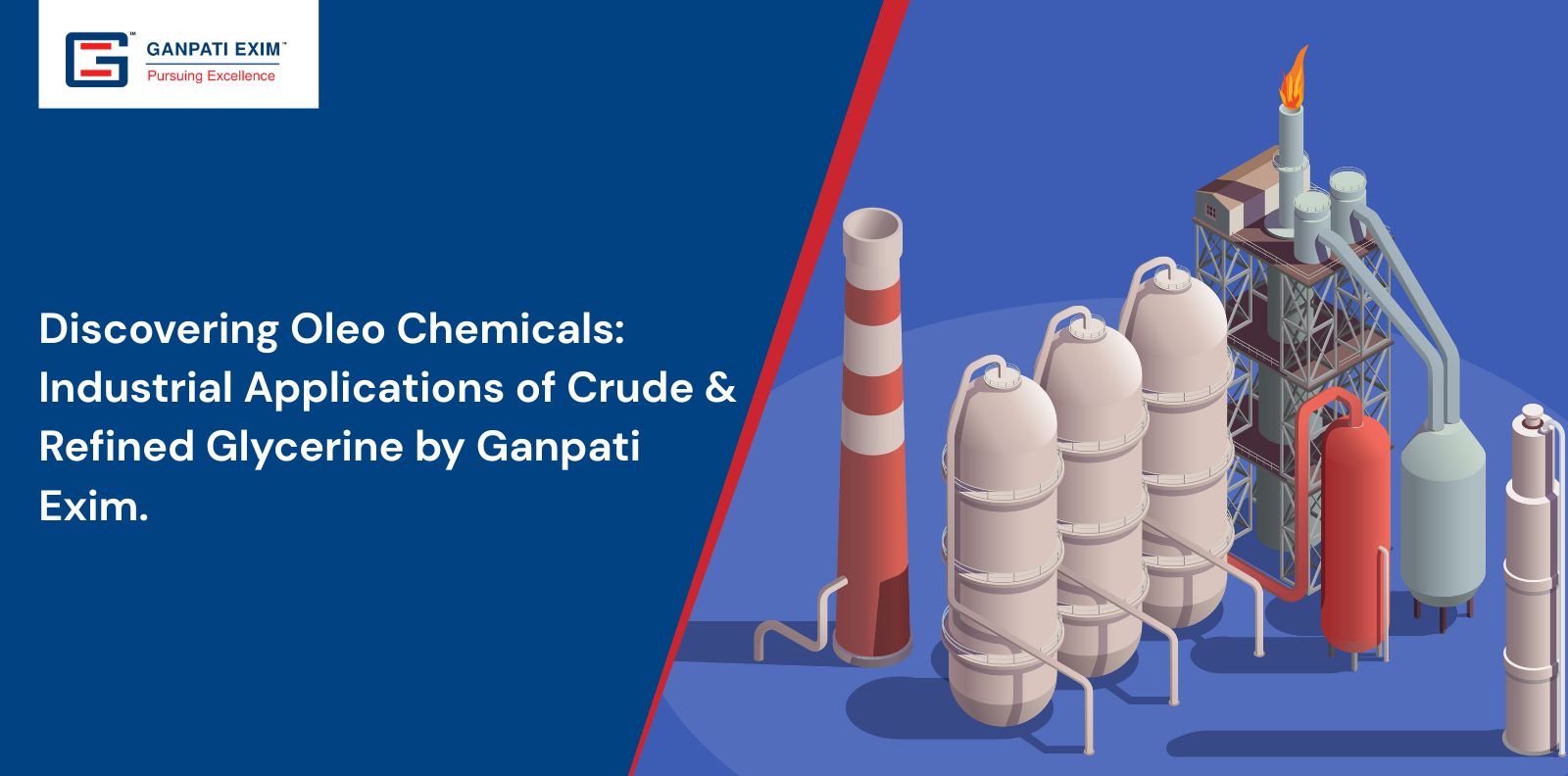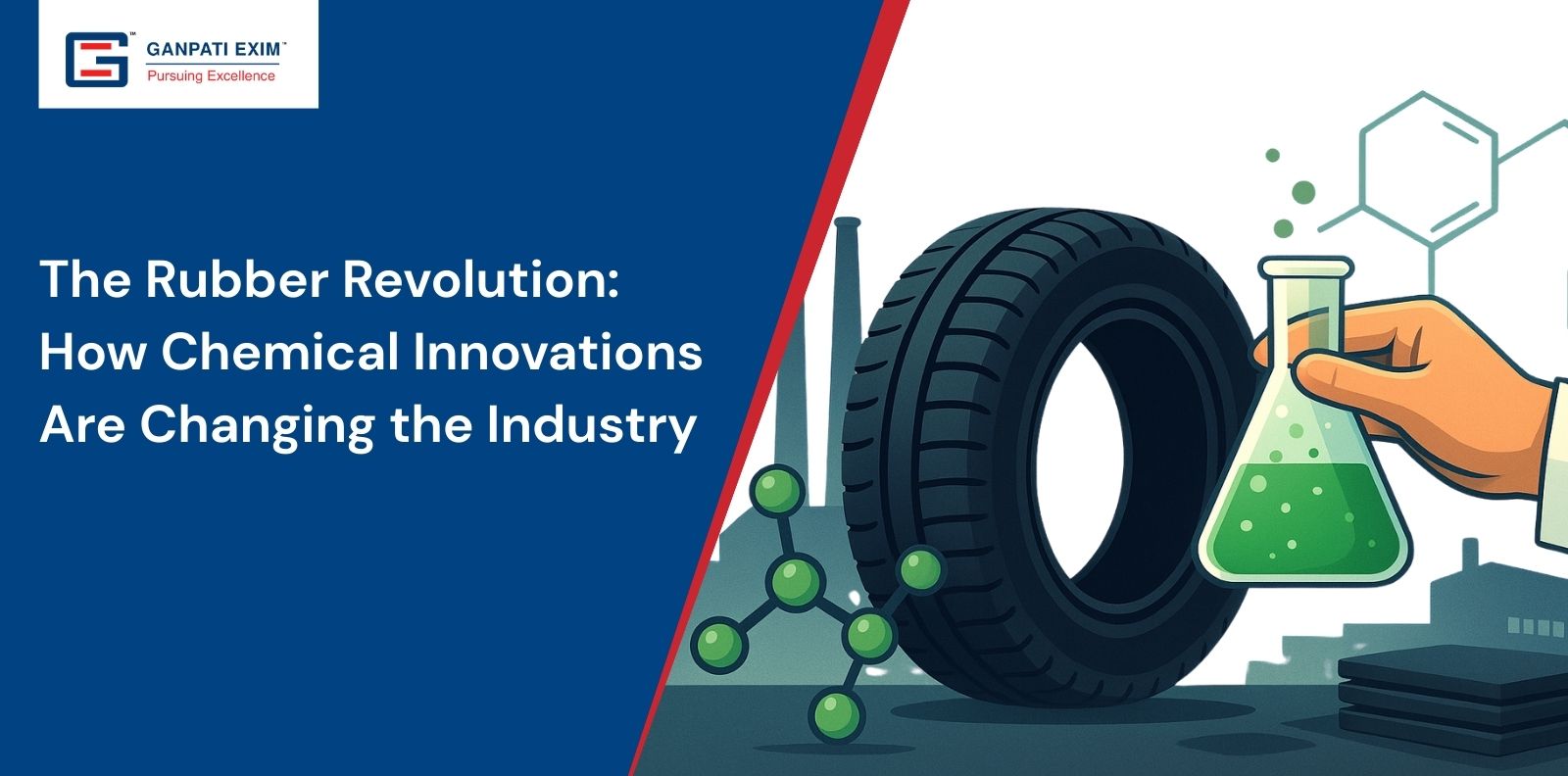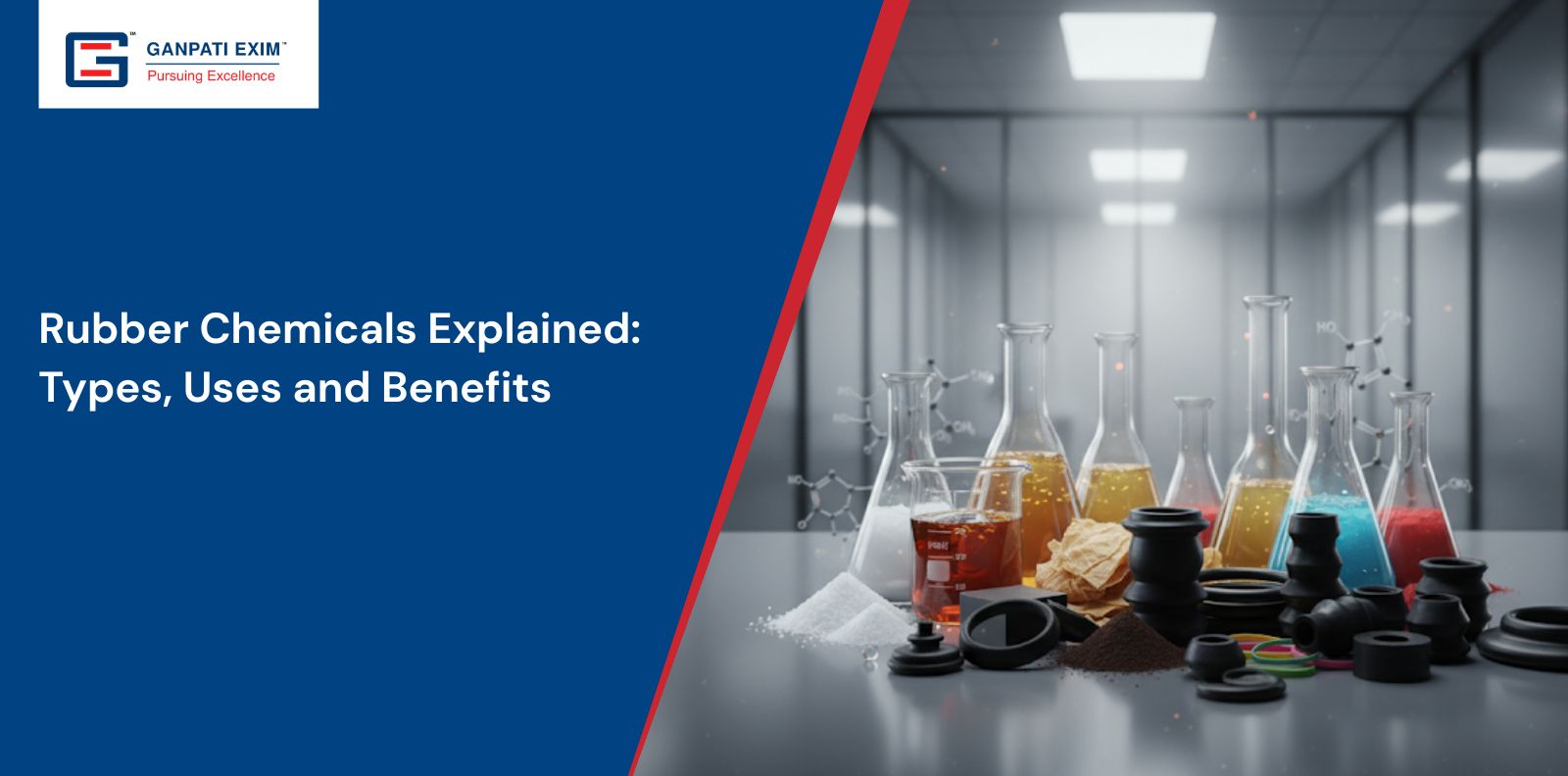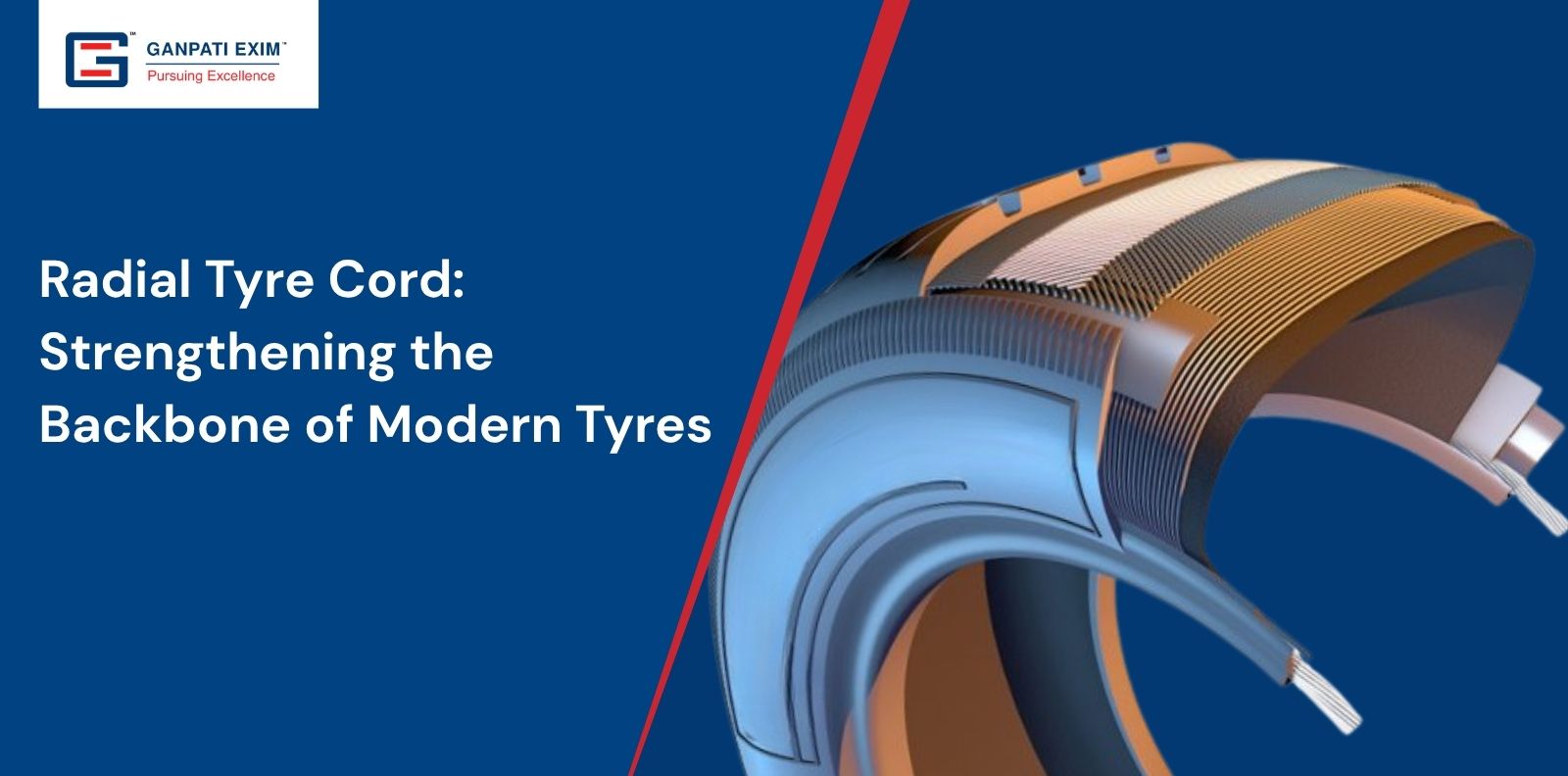
Discovering Oleo Chemicals: Industrial Applications of Crude & Refined Glycerine by Ganpati Exim
Oleo chemicals is a vast, evolving, and ever more important area of modern industry. Perhaps the most ubiquitous and versatile of oleo chemicals is glycerine—crude or refined. Ganpati Exim has established itself as a leader in this field, supplying top-quality oleo chemicals to a variety of industries. In this blog, we’ll explore the fundamentals of oleochemicals, the unique properties and applications of crude and refined glycerine, Ganpati Exim’s role in the market, and the sustainability benefits driving the industry forward.
What Are Oleo chemicals?
Oleo chemicals are natural fats and oils-based chemical compounds obtained mostly from plants (e.g., palm, soybean, coconut oils) and animals. The compounds have become petrochemical substitutes and are applied across various industries like personal care, food, pharmaceuticals, and industrial manufacturing. Due to their renewable characteristics and biodegradability, oleo chemicals are a building block of the global transition to greener, cleaner industrial practices.
Glycerine: The Star Oleo chemical
Definition and Types
Glycerine or glycerol is a colorless, odorless, and non-toxic simple polyol compound. It is manufactured as a by product of the production of biodiesel and soap and comes in two primary forms:
Crude Glycerine: Contains about 80% glycerol, with the remainder made up of water, methanol, salts, and other impurities. Its purity can vary from 40% to 90%, depending on the production process
Refined Glycerine: Undergoes further purification to achieve a glycerol content of 95% or higher, making it suitable for sensitive applications such as food, pharmaceuticals, and cosmetics
The Production Journey: From Crude to Refined
Crude glycerine is mainly produced as a by product of the transesterification process while producing biodiesel, or oil and fat splitting in soap production. Several steps of purification such as distillation, filtration, and in some cases chemical processing are done to convert crude glycerine into its purified form. All the impurities are removed, and the glycerol content is increased to make the final product meet the quality requirements for high-end applications.
Industrial Uses of Glycerine
The special chemical characteristics of Glycerine—like its hygroscopicity, lubricity, and non-toxicity—make it a vital constituent in a wide range of industries:
1. Pharmaceuticals
Glycerine is a basic ingredient in the pharmaceutical industry, as it is utilized as a solvent, humectant, and sweetener in cough syrups, suppositories, gel capsules, and topical preparations. Its safety profile and compatibility with formulation excipients make it an excellent choice for medicinal use.
2. Cosmetics and Personal Care
In the cosmetics industry, purified glycerine is valued for its humectant and emollient qualities. It is a major component in lotions, creams, serums, and body washes, which retain moisture and enhance product texture and shelf life.
3. Food and Beverages
Glycerine is a food sweetener, humectant, and preservative. It is particularly appreciated in low-calorie and diabetic foods since it adds sweetness without affecting blood sugar levels much. Its emulsifying ability also ensures the stability of the consistency and freshness of processed foods.
4. Industrial and Automotive
Crude glycerine is applied in industrial uses when purity is not a requirement. It is utilized in manufacturing antifreeze, plasticizers, and as lubricants for machinery. Glycerine is also utilized as the precursor to epichlorohydrin, which is used as a major component in epoxy resins.
5. Textile, Leather, and Cement
Glycerine softens and preserves textiles and leather, and it prevents them from becoming brittle. In the cement sector, it is added to improve the workability of cement blends for improved performance and durability.
6. Biofuels and Renewable Energy
As a side effect of glycerine production, the latter is being employed in ever-increasing amounts in the production of bioethanol and biogas. As an instance, supplementing swine manure with 5% glycerine has already been proven to raise biogas production by 300% under laboratory conditions .
Ganpati Exim: Your Reliable Supplier of Glycerine
Company Overview
Established in 2003, Ganpati Exim has expanded from catering to the cycle and auto tyre sector to being a prominent supplier of chemicals and intermediates in India. Its product line covers glycols, plasticizers, oleic acid, lauric acid, and, importantly, crude and refined glycerine
Glycerine Products
Crude Glycerine: Well-suited for use in industry where purity is not so important, for instance, in making antifreeze, lubricants, and some industrial chemicals.
Refined Glycerine: Complies with the stringent purity requirements of the food, pharmaceutical, and cosmetic industries, making it a manufacturer’s go-to for quality and trustworthiness.
Unique Selling Points
Wide Product Range: Ganpati Exim’s wide range of oleo chemicals enables them to serve various industrial purposes.
Quality Assurance: Their refined glycerine is known for its high purity, making it safe and effective for use in delicate applications.
Industry Expertise: With decades of industry experience, Ganpati Exim is a reliable companion to customers in various industries, providing customized solutions and technical assistance.
Conclusion
Both crude and refined glycerine is a keystone of the contemporary oleo chemicals business. Its adaptability, safety, and sustainability profile make it ubiquitous in a vast number of applications ranging from drugs and cosmetics to food, industrial production, and green energy. Ganpati Exim’s focus on quality, exhaustive product line, and market knowledge make them a prime supplier in this fast-growing market. With the world increasingly adopting greener, sustainable products, the need for glycerine and other oleo chemicals will only increase, spurring innovation and environmental responsibility across sectors. Food & Beverages: In the food industry, refined glycerine functions as a sweetener (especially in sugar-free products), a humectant to maintain freshness in baked goods, and a stabilizer in dairy products like ice cream.


